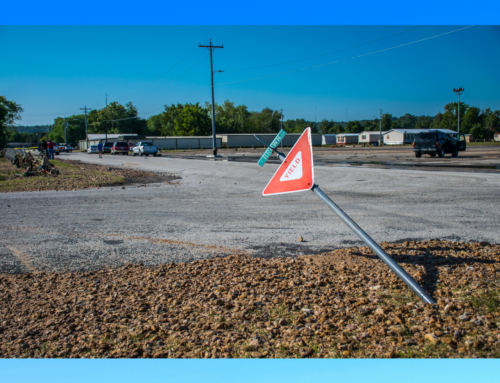 Getting Ahead has been in use since 2004. During that time very few serious problems have come to my attention. The problems ranged from a disruptive group member to a suicidal threat. Between those extremes there were problems like a child abuse charge, a threat of violence, some cases of relapse and mental health issues, and a group that was dissatisfied with the facilitator.
Getting Ahead has been in use since 2004. During that time very few serious problems have come to my attention. The problems ranged from a disruptive group member to a suicidal threat. Between those extremes there were problems like a child abuse charge, a threat of violence, some cases of relapse and mental health issues, and a group that was dissatisfied with the facilitator.
So, crisis does occur, and problems do arise. The purpose of this paper is to lay out a straightforward problem solving approach that is consistent with Getting Ahead (GA) methodology and principles.
GA methodology
- GA investigators are not clients; they are paid focus group members.
- Investigators are not ordered or coerced into attending GA; participation is voluntary.
- There is no penalty for dropping out or not completing work.
GA principles
- Provide a safe environment for everyone in the group.
- Engage everyone as a problem solver, including GA investigators.
- Transparency in problem solving to minimize rankism.
Problem solving principles
- Deal with problems when they are small.
- Inform those responsible for GA immediately; don’t surprise them.
Identifying the roles needed to solve problems
Sponsoring organization: Responsible for problems pertaining to training, logistics, fund raising, promotion, recruiting, data collection, reporting, post-GA support for GA grads, and publicity.
Facilitator: Responsible for problems pertaining to conducting the GA sessions, assisting with collecting data, and post-GA support.
Community partner: Responsible for problems pertaining to referrals to GA, supporting investigators who seek their services, and making institutional changes by applying Bridges concepts in the organization to improve outcomes with people in poverty.
Community collaborative: Responsible for problems pertaining to community change, building a learning community, addressing policy issues, referrals to GA, post-GA support, and fund raising.
Levels of problems
Problems to be solved by the group
- Abiding by group rules
- Completing investigations
- Solving problems to do with logistics (transportation, childcare, food, setup), doing investigations, planning graduation
- Setup and cleanup for sessions
Problems to be solved by the facilitator (with the support and assistance of investigators)
- Management of learning sequences, timing, and philosophy
- Providing makeup sessions
- Helping those with literacy problems
- Minor problems in group dynamics and adherence to group rules
- Connecting investigators to necessary community supports
- Identifying more serious problems to be solved by the sponsoring organization
 Problems to be solved by the sponsoring organization (with the assistance of the facilitator)
Problems to be solved by the sponsoring organization (with the assistance of the facilitator)
- Health, safety, and well-being of group members, including violence, threats of violence, child abuse, suicidal ideation, relapse, etc.
- Referrals to community services
- Reports as required by law.
- Complaints about the facilitator
- Transportation, food, and childcare beyond what investigators have committed to doing with one another
Problems to be solved by partnering organizations and/or organizations with legal authority
- Abiding by the law
- Recruiting
- Providing services
Problems to be solved by a Bridges community collaborative
- Post-GA support systems and services
- Barrier identification and removal
- Public relations
- Coordinating and managing several GA sites
How problems are dealt with depends on the following factors
Investigators have direct and simple ways to identify problems that include speaking to the facilitator or sponsoring organization. We also recommend private correspondence using text, phone, or 3×5 cards that can be given to the facilitator. The cards are always available at the table.
 The sponsoring organization’s legal and professional obligations will guide decisions. Identify all laws that apply to the organization, and determine which of those apply to GA investigators. Reporting about child abuse or any other illegal activity will be guided by legal requirements.
The sponsoring organization’s legal and professional obligations will guide decisions. Identify all laws that apply to the organization, and determine which of those apply to GA investigators. Reporting about child abuse or any other illegal activity will be guided by legal requirements.
The sponsoring organization’s employment or contractual agreement with the facilitator establishes duties and protocols. The facilitator manages the group learning process and minor problems associated with the group. Problems beyond that, including complaints about the facilitator that come from the group, go to the sponsoring organization.
The facilitator’s professional credentials and obligations are a factor. GA is not group therapy, and facilitators are not trained to do group therapy. The sponsoring organization and/or the facilitator refer investigators to the appropriate services directly or through emergency referral systems (crisis lines, 211, 911, etc.).
As I said, problems rarely arise in the context of Getting Ahead, but if they do, I hope you find this guide helpful.
Phil DeVol is an international consultant who has been working with aha! Process since 1997. Learn more about Phil.








